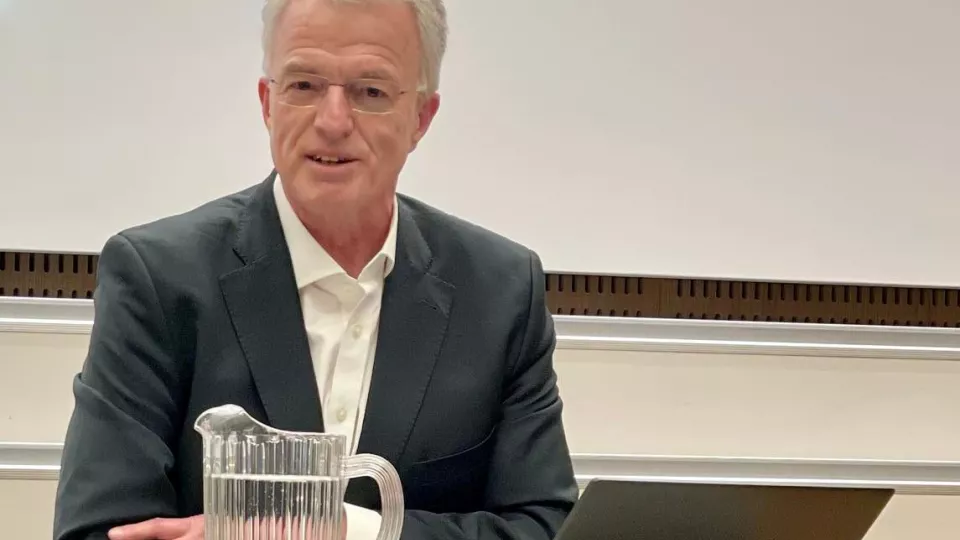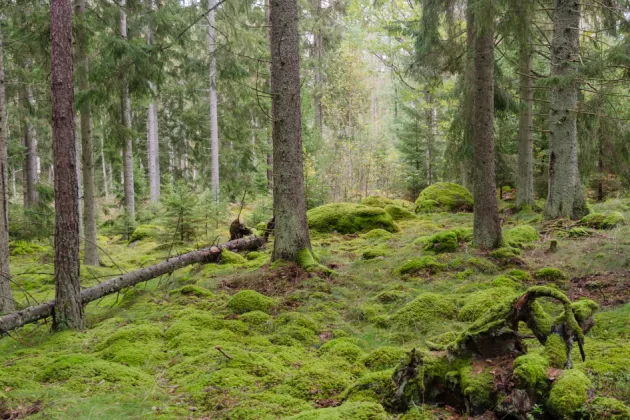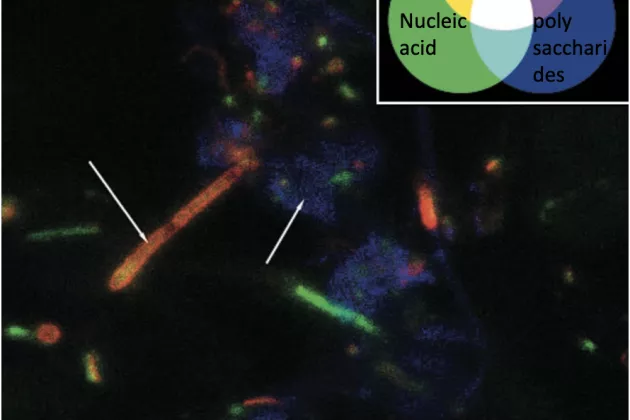Professor Detlef F. Sprinz is a leading expert on climate governance from the Potsdam Institute for Climate Impact Research (PIK) in Germany. He is also a Professor with the Faculty of Economics and Social Sciences at the University of Potsdam, and a Research Affiliate at ESSCA School of Management in France. Professor Sprinz was a guest researcher at BECC during the fall of 2022 and spring of 2023.
During his stay, Professor Detlef F. Sprinz focused on collaboration on the project LiMa – A Liquid Market for Forest Carbon. The project’s goal is to elucidate whether forest carbon can be a major component in the transition towards a greenhouse gas future where net emissions approach zero. In particular, professor Sprinz developed the modules of the LiMa project that are at the core of interdisciplinary social science research, with an emphasis on (1) remuneration standards and (2) business model canvas for forest carbon from the forest owner perspective.
In what way has your research gained from being a guest researcher in BECC?
This was a rare opportunity for me to synthesize my research. I fleshed out things that were in my head, and tested ideas and talked to other researchers and stakeholders, both here in Lund and elsewhere. I certainly did appreciate this opportunity.
A highlight during my stay was the BECC Grand Seminar “Incentivizing forest carbon sinks?” In a nice setting - it brought together departments, faculties, stakeholders, and interest groups during an extended seminar where I presented my ideas, and we listened to other interesting and knowledgeable researchers and practitioners.
This was a rare opportunity for me to synthesize my research. I fleshed out things that were in my head, and tested ideas and talked to other researchers and stakeholders, both here in Lund and elsewhere. I certainly did appreciate this opportunity.
Similarly, in what way do you experience having contributed to BECC and its research community?
My aim is to provide generic research for any forest-rich country, such as Sweden. During my time at BECC I brought together my knowledge about carbon removals, especially from a forest perspective. I can give a couple of examples that I do believe is of use to BECC and its research:
- Forest owners’ incentives to participate in increasing of carbon removals. Without the contribution by forest owners, the forest sector will not be able to make a purposeful contribution to reaching net zero greenhouse gas goals in forest-rich countries, such as Sweden or Finland.
- The regulatory environment affecting potential business models for carbon sinks in forests. Without enabling political frameworks, there is no reason to believe that forest owners are interested in forest carbon removals or for potential buyers of such removals to spend sizeable amounts of resources.
- I spotted that Lund University has the rare opportunity to bring together the relevant knowledge of the natural and social sciences to establish a blueprint for a potential forest carbon removal market. With its many initiatives and programs on climate and environment, Lund University commands the academic and technological resources to essentially draft a blueprint with options for decision-makers to choose from, considering the pros and cons of particular options that policy-makers can choose from.
Now that we have focused on the forest owner’s side of the potential incentives and business models, the next step would be to have a deeper look at the demand side, i.e., those potentially willing to purchase certified forest carbon removals at scale. Only if supply and demand for high-quality certificates come together, a liquid market may emerge in order to contribute to reaching net zero greenhouse gas goals.
Are there any valuable takeaways from being a guest researcher that you would like to convey to colleagues who might be interested in a similar opportunity?
I was sometimes surprised that it was difficult to get a hold on key people. For example, I tried to get in contact with both LRF Farmers' Association and Swedish Society for Nature Conservation, with no luck, yet they should be interested in these topics. On the fortunate side, natural scientists at Lund University have a keen interest in the social science implications of their work – and I greatly benefited from this.
I was also surprised to learn how much research Lund University offers on sustainable development from many different perspectives. Lund University is a rare place where much expertise comes together on climate and the environment, e.g., on nature-based solutions. Visitors will most certainly leave with new insights, new perspectives, and, hopefully, new solutions to offer to the world.





